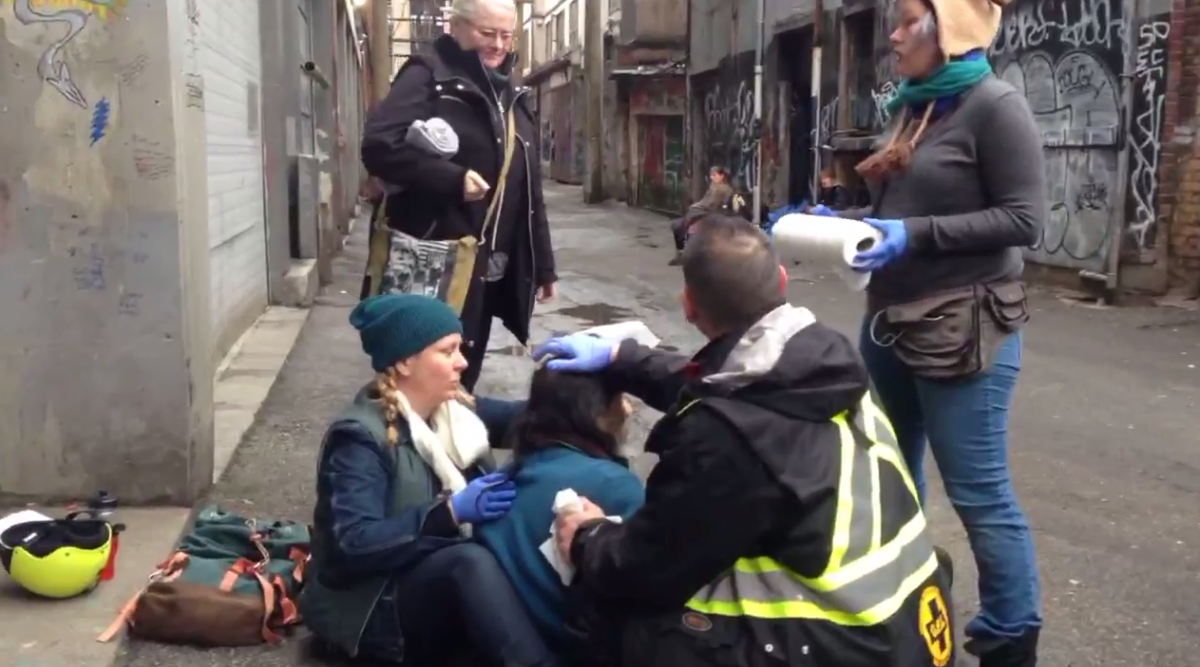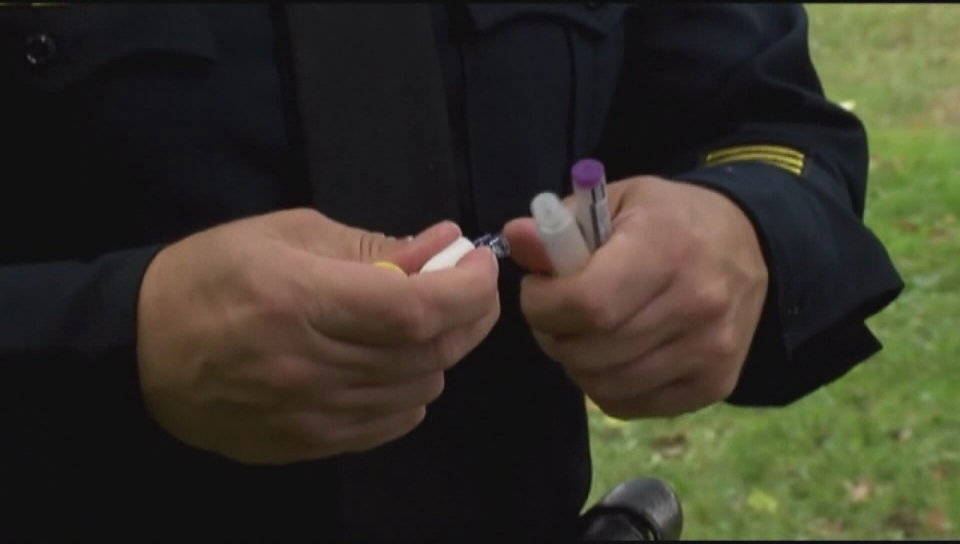The union representing Vancouver firefighters is calling for more mental health support, as crews are pushed to the limit battling the overdose crisis.

Despite the mounting pressures on fire crews, the role of coordinating mental health support remains the job of a single volunteer.
On paper it’s called the Critical Incident Stress Management Team.
The reality for Vancouver’s firefighters is that “team” is one person who coordinates everything, and who until recently had been working a full shift as a firefighter and then doing and additional 30 to 40 hours a week supporting first responders.
President Vancouver Firefighters Association Robert Weeks says that officer is now dedicated to counselling, but that the role needs to be formalized as a full-time position with clear mandate.
“We need our fire chief to advocate for this position, we certainly have the view that the fire chief is supportive of this, and we need city council to recognize that there’s a need here in this department.”
Weeks says the pressure is getting worse, with crews not even having the time to talk between calls out.
And he says even with one person now dedicating themselves to the role, they still need extra help.
“In the meantime what we have is people continuing to volunteer a lot of their time to keep this team together and to lead this team and that’s just not sustainable.”
“No one should rightfully expect someone to put in 30 to 40 hours a week.”
Weeks says the fentanyl emergency is adding to the stress, with crews dealing with the same people over and over adding to a sense of hopelessness for first responders.







Comments